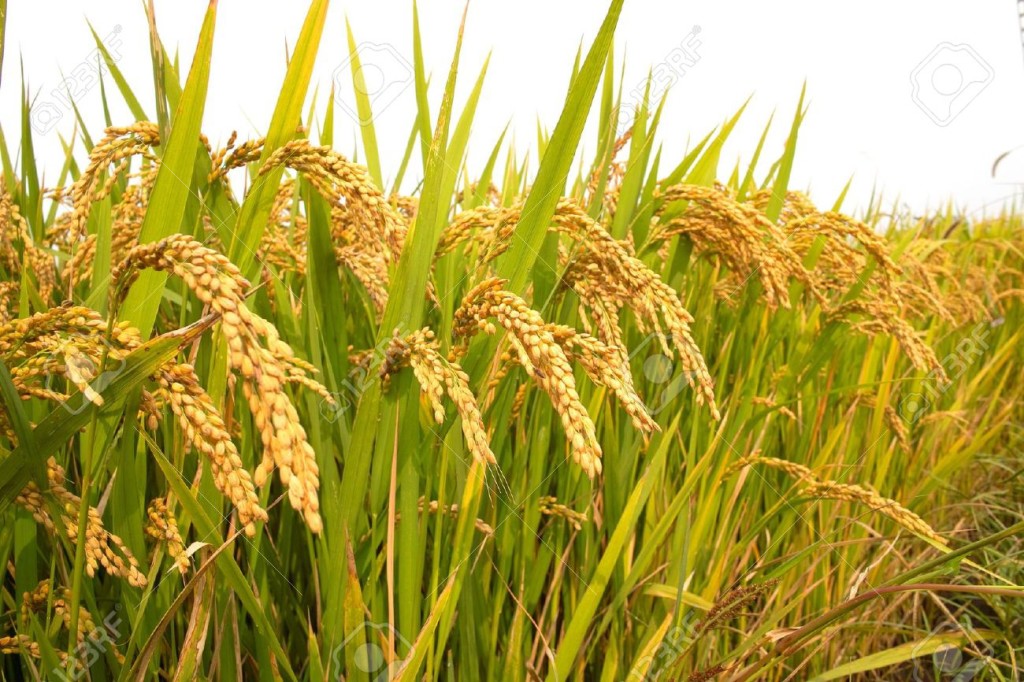Nepal records highest quantity of paddy production this year

Kathmandu / Jan 8: Nepal recorded the largest paddy production in its history this year.
According to the Ministry of Agriculture and Livestock Development (MoAL), the country produced the largest quantity of paddy in the current fiscal year (FY) 2023/24.
The ministry released the data of paddy production this year stating that 5.724 million metric tons of paddy was produced in the country.
Earlier in the fiscal year 2020/21, a total of 5.621 million metric tons of paddy was produced in the country.
The ministry said that even though the area of paddy cultivation declined this year, the production has increased. Ram Krishna Regmi, senior statistics officer of the ministry, said that the total area of paddy plantation decreased by 0.61 percent i.e. 8,800 hectares this year compared to last year, but the production increased by 4.97 percent.
Regmi said, “This year’s production is 5.08 percent more than the average annual production in the last four years.”
According to the data, Koshi Province produced the most paddy in the country this year followed by Madhes Province. According to the ministry, the lowest production was recorded in Karnali Province.
While 1.435 million metric tons of paddy was produced in Koshi Province, 1.337 million metric tons of paddy was produced in Madhesh. Karnali, which recorded the lowest paddy yield, produced only 145,063 metric tons of paddy this year.
Similarly, Bagmati Province produced 504,344 metric tons of paddy, Lumbini Province accounted for 1.310 million metric tons, Gandaki Province produced 391,624 metric tons, and Sudur Paschim Province yielded 599,125 metric tons of paddy.
In terms of productivity this year, Koshi Province is at the forefront. Koshi Province produced 4.43 metric tons of paddy per hectare this year. The lowest productivity is seen in Madhesh Province. An average of only 3.49 metric tons of paddy was produced in one hectare of land in Madhesh Province owing to less than average rainfall during paddy plantation season.
According to the ministry, the use of advanced variety of seeds is the main reason for the increase in paddy production and productivity this year.
According to the ministry, paddy production has increased due to the availability of an improved variety of seeds, reduction in the incidence of disease and insects, less damage to paddy crops due to floods and landslides, and easy availability of fertilizers and agricultural tools.
